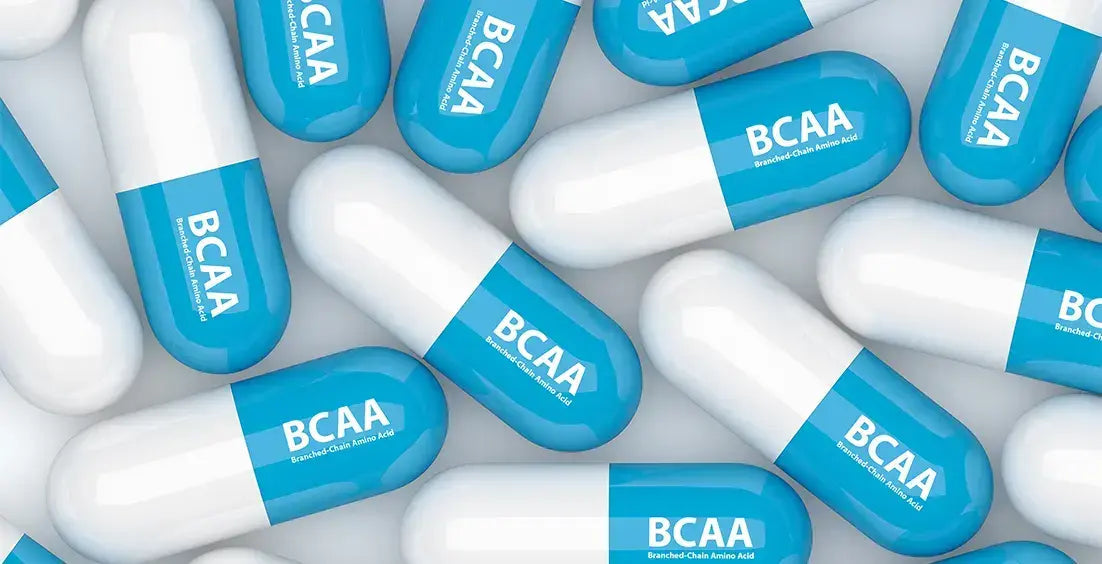How Much Vitamin B12 Should I Take?
The recommended daily intake of Vitamin B12 varies by age and health status, and it is crucial for nerve function, DNA synthesis, and red blood cell production.

Popular Stories
- Everything to Know About Best Magnesium Supplements
- Can I Take Vitamin B12 on an Empty Stomach?
- Is Maca Root A Healthy Coffee Alternative?
- Can Best Blood Sugar Supplements Help Manage Blood Sugar Levels?
- Elderberry and Diabetes: A Natural Remedy Or Hidden Risk?
- The Correlation between Low Iron Levels and Weight Gain
References
- The metabolism and significance of homocysteine in nutrition and health- https://pubmed.ncbi.nlm.nih.gov/29299040/
- Vitamin B-12 - https://www.mayoclinic.org/drugs-supplements-vitamin-b12/art-20363663
- Vitamin B12 | The Recommended Dietary Allowance - https://lpi.oregonstate.edu/mic/vitamins/vitamin-B12#RDA
- Vitamin B12 - https://ods.od.nih.gov/factsheets/VitaminB12-HealthProfessional/
- How common is vitamin B-12 deficiency? - https://pubmed.ncbi.nlm.nih.gov/19116323/
- Vitamin B12 - https://www.ncbi.nlm.nih.gov/books/NBK114302/
- A vitamin B-12 supplement of 500 μg/d for eight weeks does not normalize urinary methylmalonic acid or other biomarkers of vitamin B-12 status in elderly people with moderately poor vitamin B-12 status - https://pubmed.ncbi.nlm.nih.gov/23236022/
- The role of Vitamin B12 and genetic risk factors in the etiology of neural tube defects: A systematic review - https://pubmed.ncbi.nlm.nih.gov/33851436/
- Associations of Maternal Vitamin B12 Concentration in Pregnancy With the Risks of Preterm Birth and Low Birth Weight: A Systematic Review and Meta-Analysis of Individual Participant Data- https://pubmed.ncbi.nlm.nih.gov/28108470/
- Vitamin B12 deficiency in children: a treatable cause of neurodevelopmental delay - https://pubmed.ncbi.nlm.nih.gov/24453156/
- The prevalence of cobalamin deficiency among vegetarians assessed by serum vitamin B12: a review of literature - https://pubmed.ncbi.nlm.nih.gov/24667752/
- The importance of vitamin B12 for individuals choosing plant-based diets - https://pmc.ncbi.nlm.nih.gov/articles/PMC10030528/
- The Many Faces of Cobalamin (Vitamin B12) Deficiency - https://pmc.ncbi.nlm.nih.gov/articles/PMC6543499/
- Vitamin B12 deficiency in the elderly: is it worth screening?- https://pubmed.ncbi.nlm.nih.gov/25756278/
- Vitamin B12 deficiency results in severe oxidative stress, leading to memory retention impairment in Caenorhabditis elegans- https://pubmed.ncbi.nlm.nih.gov/27840283/
- Systematic review and meta-analysis of randomized placebo-controlled trials of folate and vitamin B12 for depression- https://pubmed.ncbi.nlm.nih.gov/25644193/
- Vitamin B12 Deficiency- https://www.ncbi.nlm.nih.gov/books/NBK441923/
- Roles of Vitamin B in Pregnancy- https://americanpregnancy.org/healthy-pregnancy/pregnancy-health-wellness/vitamin-b-pregnancy/


 Skin Detoxification Bundle
Skin Detoxification Bundle Complete Weight Loss Bundle
Complete Weight Loss Bundle Heart Care Bundle
Heart Care Bundle Better Immunity Bundle
Better Immunity Bundle  Men's Immunity & Prostate Health Bundle
Men's Immunity & Prostate Health Bundle Stress + Energy + Wellness Combo
Stress + Energy + Wellness Combo  Energy Booster Combo
Energy Booster Combo Natural Skin Care Bundle
Natural Skin Care Bundle Workout Supplements Combo
Workout Supplements Combo Cognitive Health & Vision Combo
Cognitive Health & Vision Combo Joint Health Support Combo
Joint Health Support Combo





































